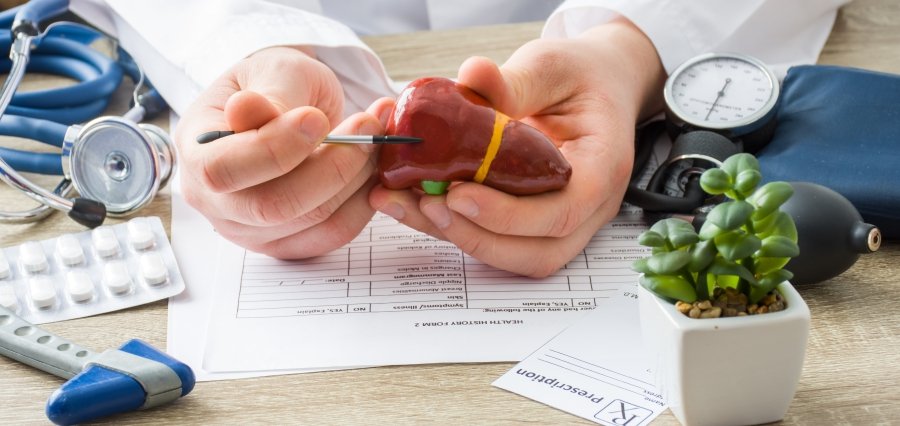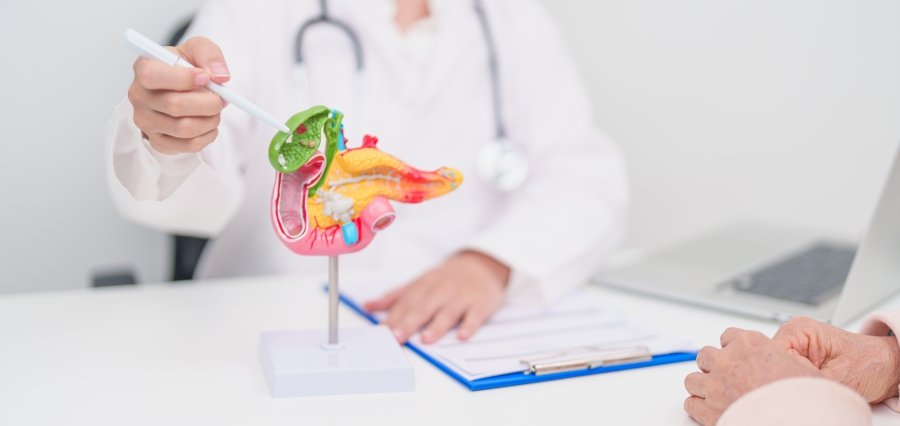Prime Highlights:
- Thousands of people across England have been referred for liver cancer checks after the NHS expanded its mobile liver scanning programme.
- The initiative focuses on early detection, giving patients a higher chance of successful treatment and healthier outcomes.
Key Facts:
- Since the pilot began, 112,831 people have received a liver scan, with 8,470 referred for further tests.
- The number of mobile scanning trucks has increased from 11 to 20, offering checks at GP clinics, food banks, supermarkets, football matches, and other community locations.
Key Background:
Thousands of people across England are being referred for liver cancer checks following the expansion of mobile liver scanning services, aimed at catching the disease at an earlier stage.
The initiative, run by the NHS, uses mobile trucks equipped with FibroScan machines to identify early signs of cirrhosis and advanced fibrosis, both of which are major risk factors for liver cancer. Since the pilot began two years ago, more than 112,000 people have been scanned, with over 8,400 referred for further tests.
Cases of liver cancer in the UK have been on the rise because, currently, approximately 6,600 instances of liver cancer are reported every year. The symptoms also manifest at later stages, which is why early detection is very important.
The NHS programme specifically targets people most at risk, including heavy drinkers, those with a history of viral hepatitis, and individuals with non-alcoholic fatty liver disease. Since the service began in 2016, it has increased to 20 mobile units, whereby checks are provided in community hubs including GP surgeries, food banks, diabetes clinics, sexual health centres, and even homeless shelters. In some regions, the trucks are also stationed outside supermarkets and at football matches to encourage wider participation.
Professor Peter Johnson, NHS national cancer director, said the programme is saving lives by reaching people in their communities and making health checks more accessible. He explained that this approach helps detect cancers earlier, giving patients a better chance of successful treatment. This gives patients the best chance of successful treatment while helping them access the support needed to live healthier lives.
Pamela Healy, chief executive of the British Liver Trust, welcomed the programme’s progress: “Liver cancer often develops silently and is frequently diagnosed too late. Detecting liver disease early is essential, and this scheme has already given thousands of people access to vital care and support.”
Health leaders stress that the project reflects the NHS’s commitment to prevention, as outlined in its 10-year health plan, and emphasise the importance of maintaining community-based checks to reach even more people at risk.





